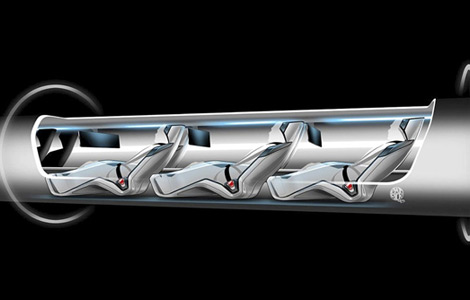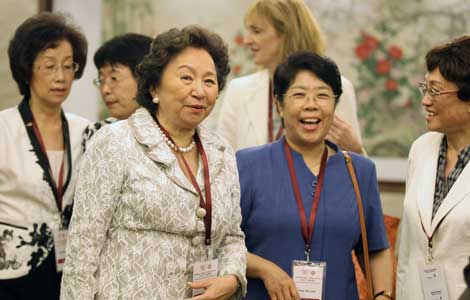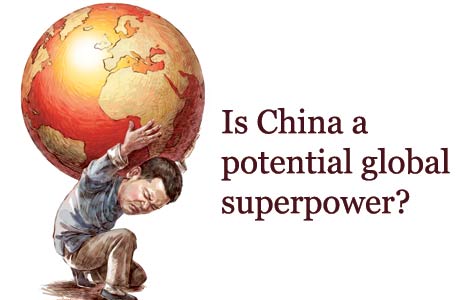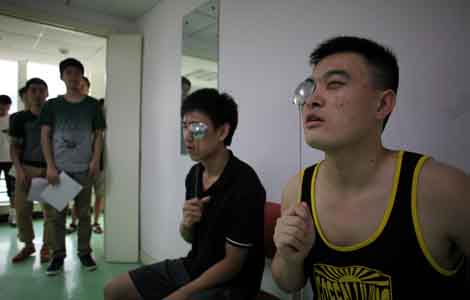Research funds spread across the globe
Updated: 2013-08-13 11:16
By Michael Barris in New York (China Daily)
|
||||||||
Scholars from the Republic of Korea (ROK) attract the most research funding from global companies, while China's academic researchers rank seventh and the United States - a traditional educational powerhouse - trails in 14th place, according to Times Higher Education, a UK magazine.
Researchers affiliated with ROK universities bring in the equivalent of nearly $100,000 each, while China's academic researchers bring in $50,500 each, according to the magazine's World Academic Summit Innovation Index, which ranks the world's top 30 countries in terms of their academic researchers' value to the commercial world. In what Times Higher Education called the "big surprise" of the report, US industry contributed $25,800 per scholar, or "nearly four times less" than ROK businesses.
UK academia lagged even farther behind the pack, finishing 26th by attracting industrial investment of $13,300 per researcher, according to the index, which was released Monday.
"This apparent lack of appetite for Western investment by big business is in contrast to the fact that some of the world's most significant developments historically come from American and British institutions," Times Higher Education said in a news release.
The results show the US has fallen behind many nations - including China - in leveraging the resources of its higher education systems to build research hubs that spur R&D, attract investment and drive economic growth - a key need in an increasingly high-technology global marketplace. At the same time, big business has shifted its attention to Asia, a region "known for its strong manufacturing sector and traditional academic focus" on technology and computer science, the release said.
Singapore attracted the second-most cash from big business, $84,500 per researcher; Taiwan was sixth with $53,900 and India 10th with $36,900.
As funding from government agencies dries up, academia increasingly depends on industry to help finance research. Reports last year from the President's Council of Advisors on Science and Technology and the National Research Council Budgets showed that financing for basic research through US federal agencies such as the National Institutes of Health and the National Science Foundation has fallen by 25 percent over the past 20 years, relative to the US GDP. At the same time, industries are concentrating on late-stage technology development aimed at maximizing the commercial potential of research.
Meanwhile, China spent about 1 trillion yuan ($160 billion) in R&D in 2012, accounting for a little less than 2 percent of its gross domestic product, according to government statistics. About 74 percent of that investment was made by businesses.
In an article published in May on the website of the Washington-based US Chamber of Commerce Foundation, Michael Young, president of the University of Washington, wrote that "innovation is vital to a US economy desperately in need of job creation".
To ensure that universities' innovations grow into job-creating commercial products and services, he urged government, industry, and academia to "collaborate throughout the innovation process".
He said the federal government needs to increase investment in basic research, increase investment in translational research - meaning working with industry to better understand the scientific and technical gates to next-generation solutions - and invest in affordable education by strengthening federal investment in financial aid.
michaelbarris@chinadailyusa.com
(China Daily USA 08/13/2013 page1)
Most Viewed
Editor's Picks
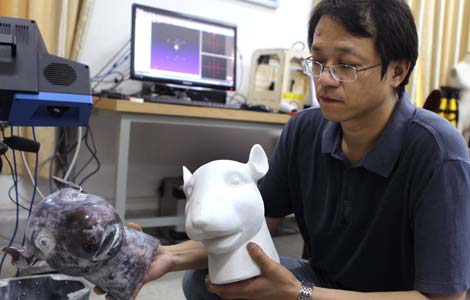
|

|

|

|

|

|
Today's Top News
Research funds spread across the globe
Reps gear up for TPP round 19
Brazil puts off bidding on bullet train
US to examine intelligence collection methods
Rare earth alliance to fight Japan's patent barrier
Economists cautious about China's recovery
Terrorist leaders sentenced to death
Talks to increase US troops
US Weekly

|

|
